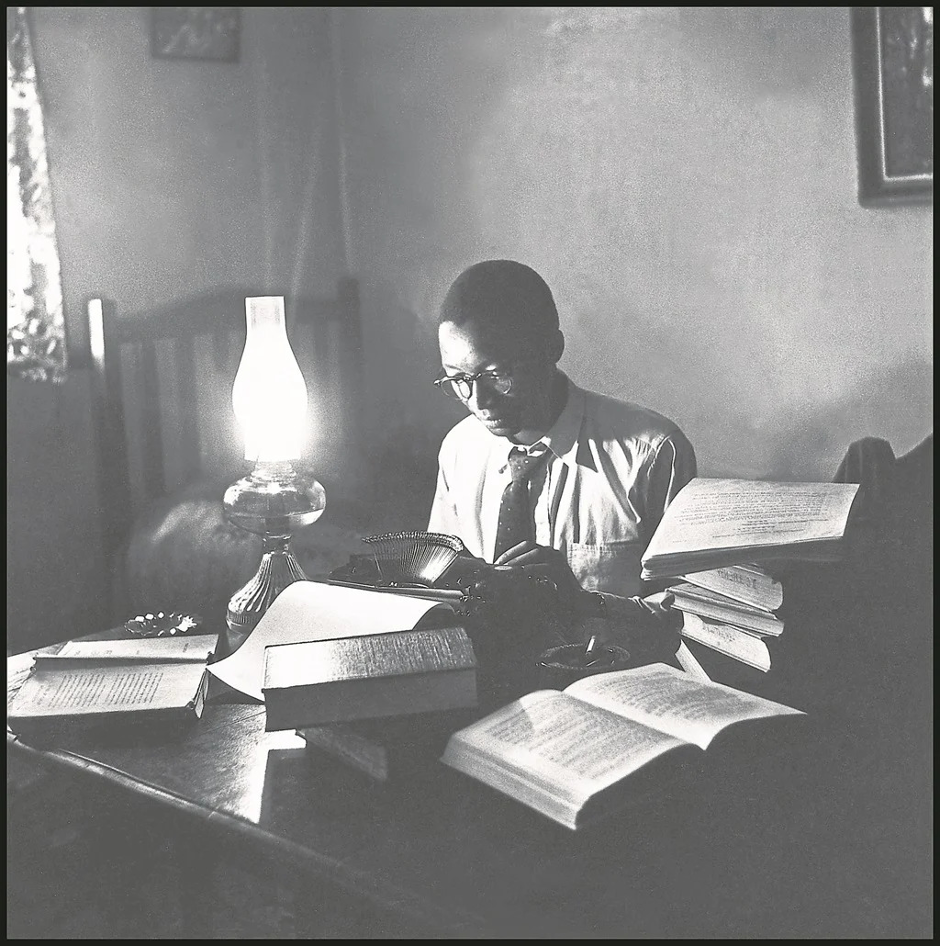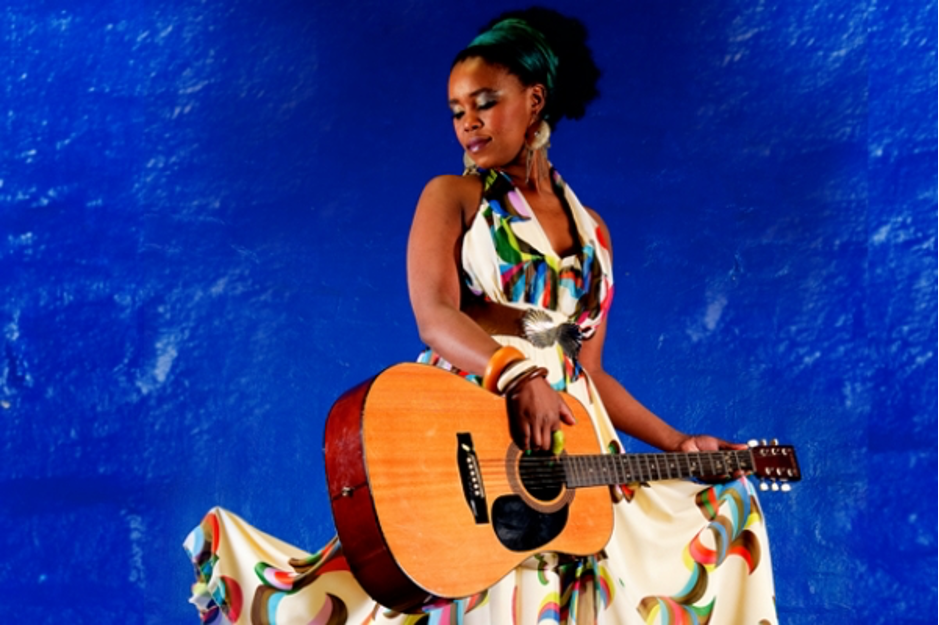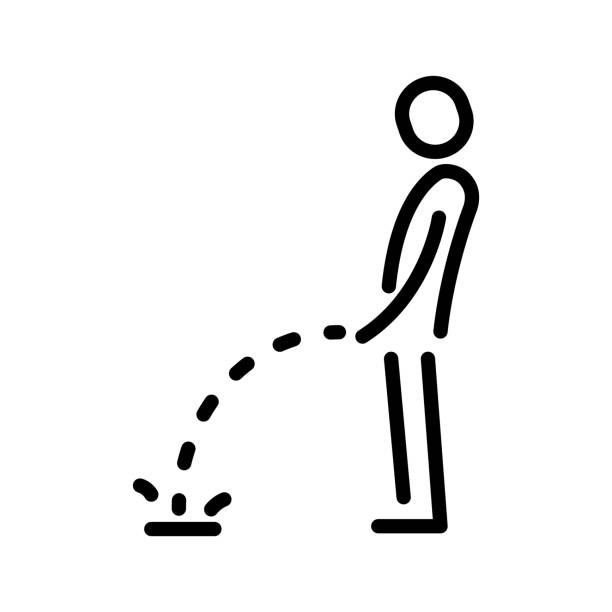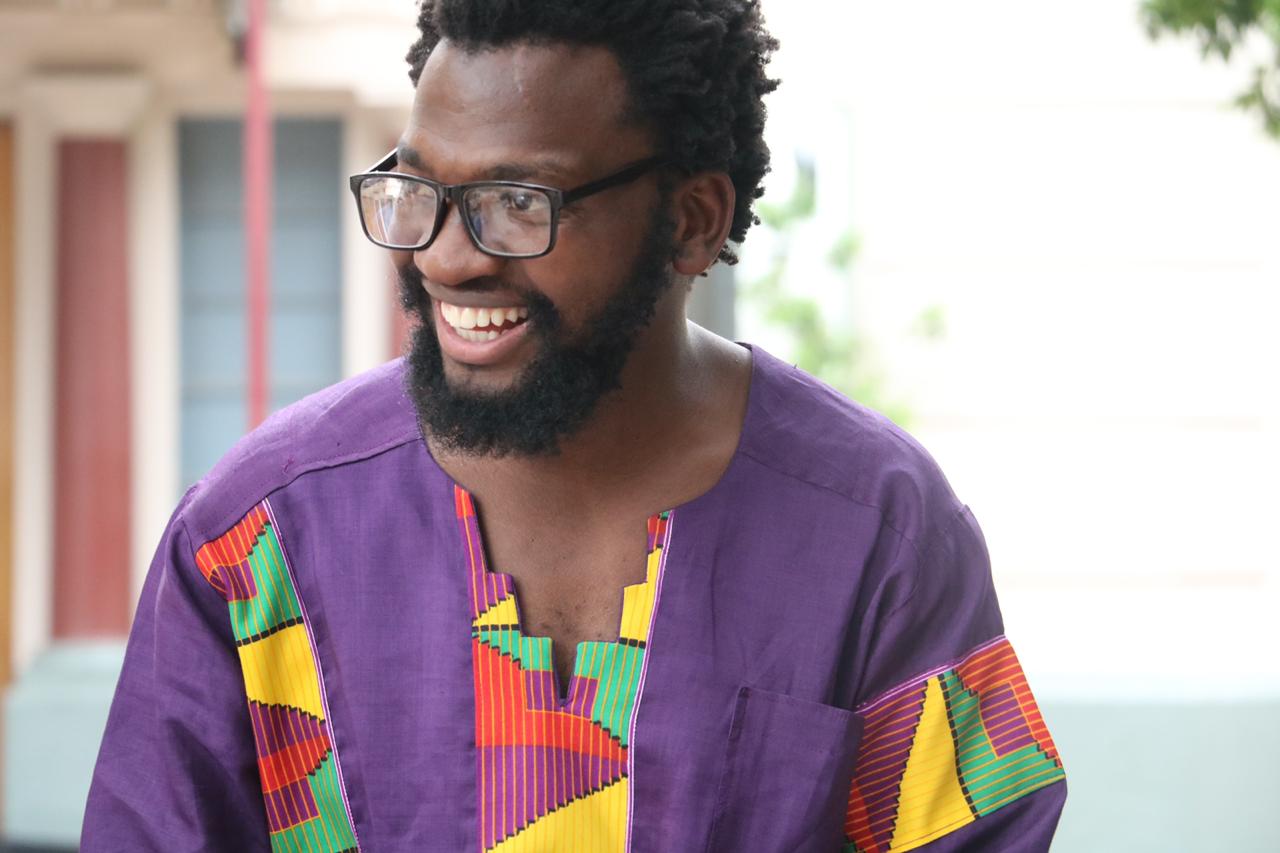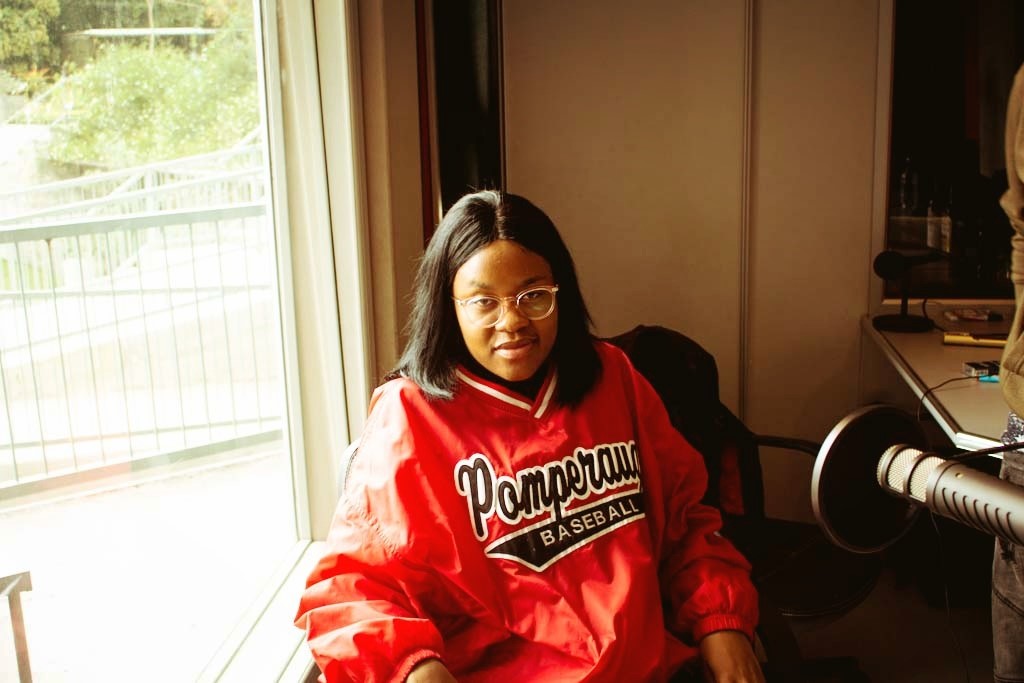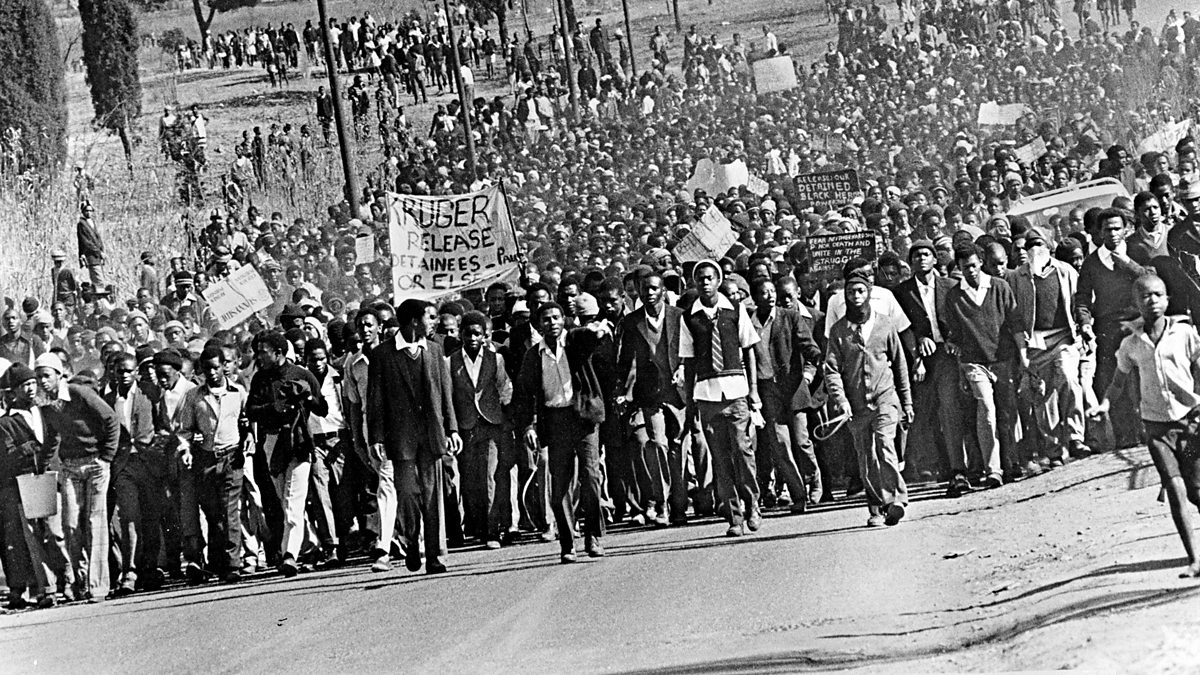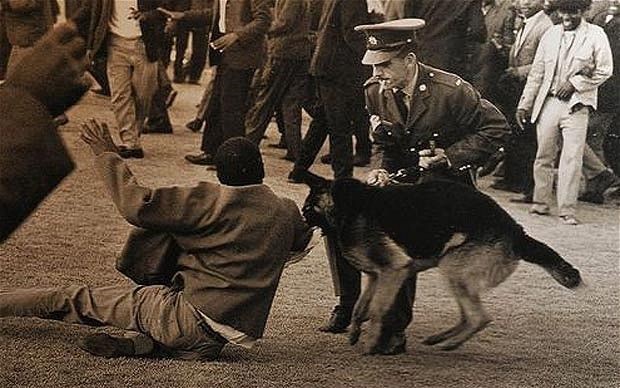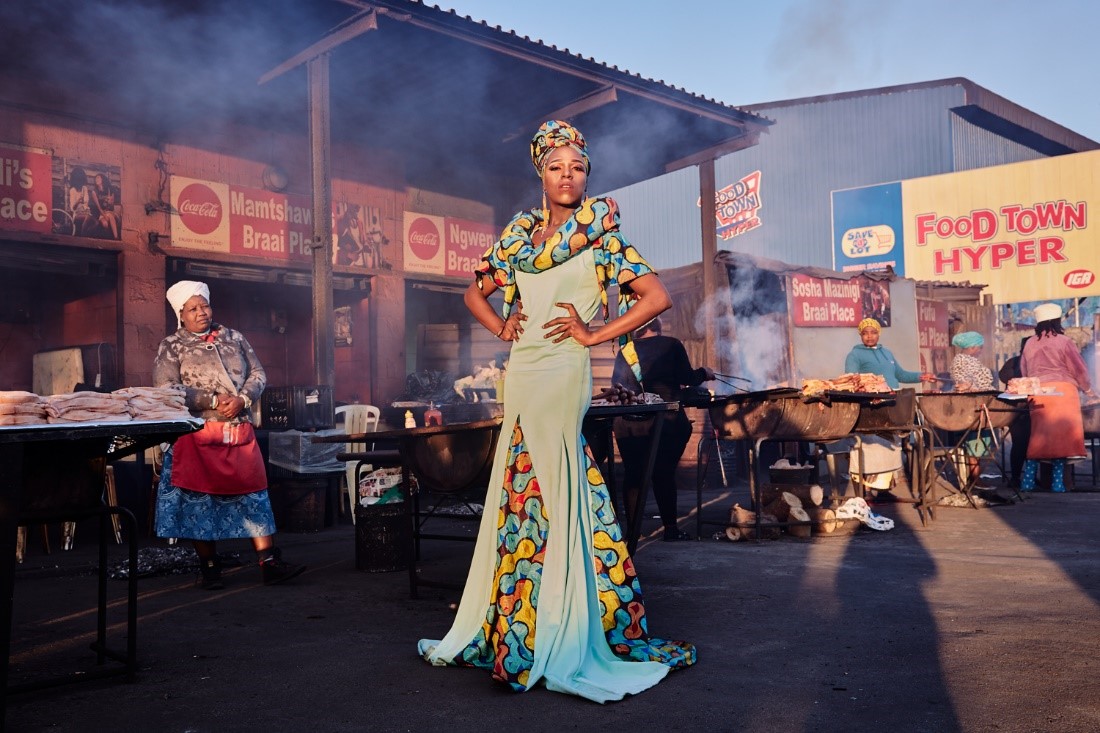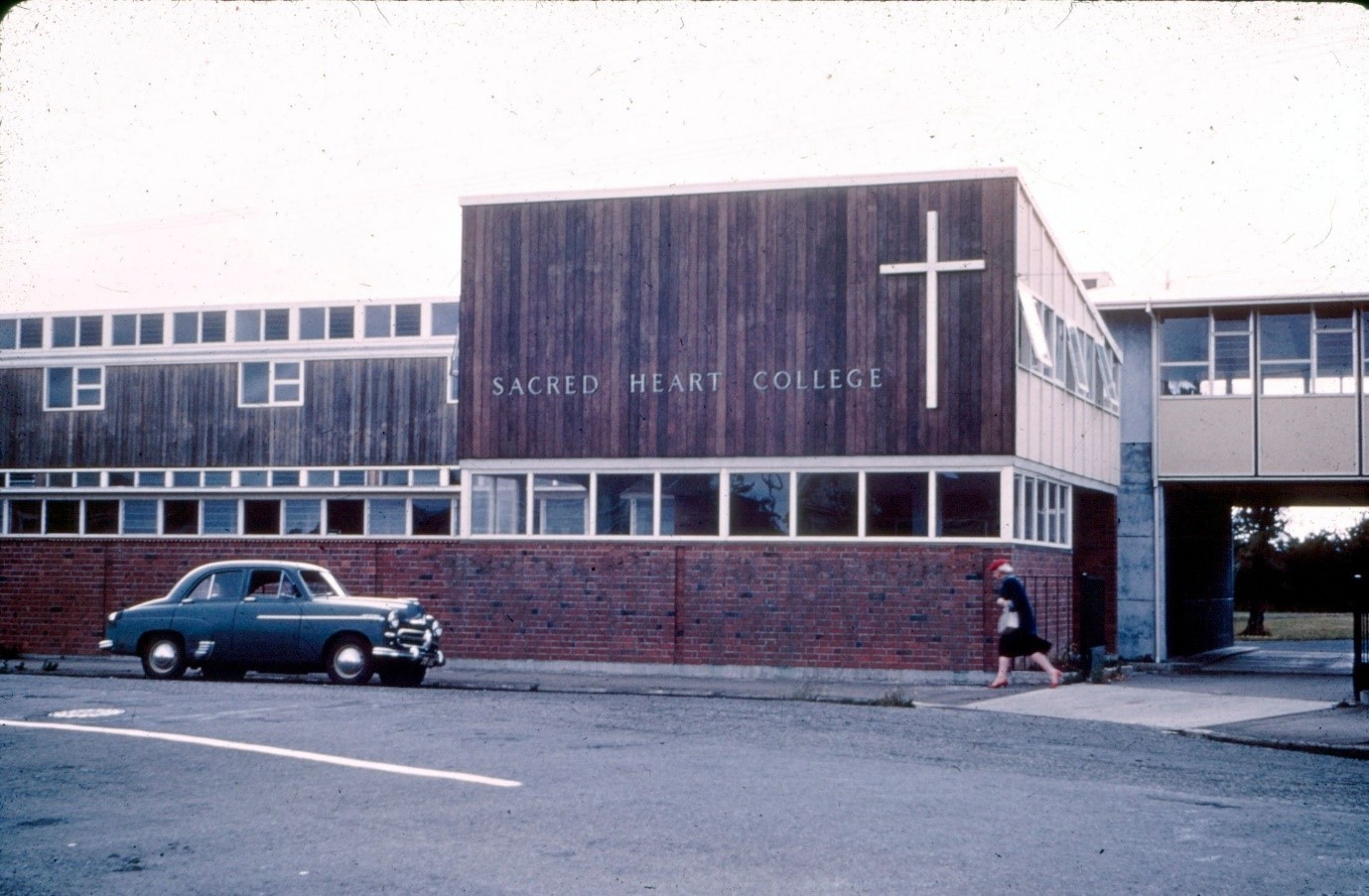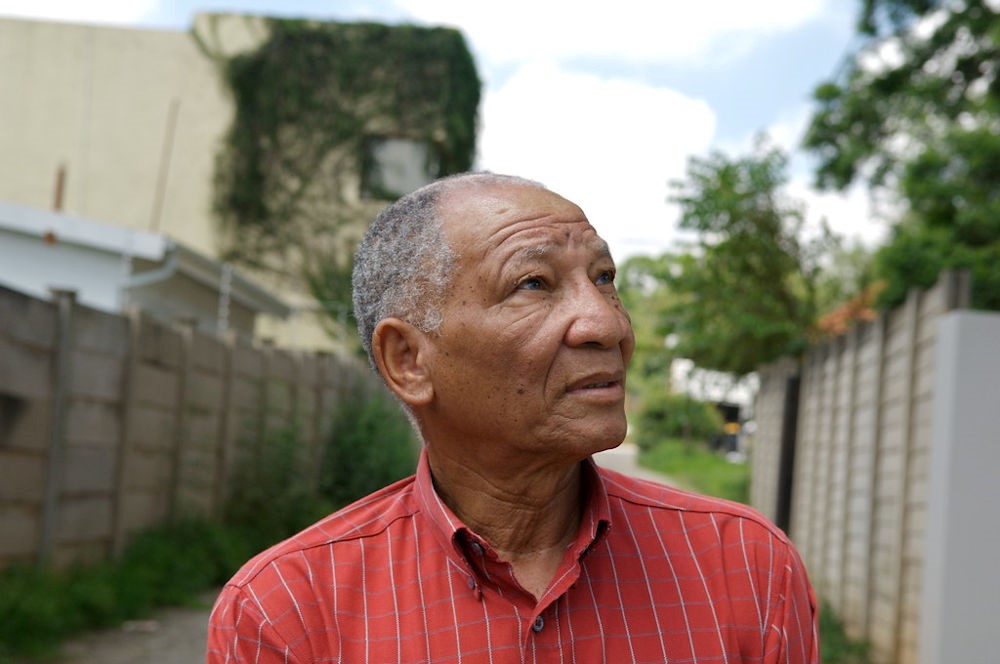But is it honestly true that we don't want affairs with white girls? What kind of white supremacy is this that cannot stand fair competition? (Can Themba)
Canodoise puffs his cigarette in Jean’s mouth. She blows it into his eyes and laughs. He sips from the brandy. She takes it from his hand and drinks. On their way from the electrifying Back of the Moon, they walk on holding hands in the dark as Gerty Street envelops them in its immense darkness, heading to Gold Street, The House of Truth ahead. As they walk on, he is aware that Janet is Jean’s doppelganger. And both his white women are present with him and there is no clash. Janet’s shadowy presence disturbs how he relates to Jean. When Can and Janet see floodlights in the distance, they quickly enter the nearest house to hide at the lightning speed of rats. They get home without any harassment from the police even though Canodoise’s heartbeat is at an alarming rate. But he also feels the adrenalin, that ecstatic feeling of getting caught in the ‘immorality’ act, whatever that means! He kisses Janet while struggling to open the padlock of his house.
“Here’s what I love about language,’ he says and takes a gulp.
‘What about it, Can?’
“I mean, squeeza, the word ‘phuza’ means kiss in Xhosa while in Zulu means ‘drink’, and both are verbs in this context.”
“Okay, that’s fantastic! So, are you going to phuza me now or are you gonna allow me to phuza the brandy?”
“You choose, my darling,” he pulls her towards him, “Come here and caress my phuza face, then!”
They giggle in each other's faces, cold lips touching. Cigarette burnt lips pulling red painted thin lips. This forbidden kiss is so passionate like government officials spilling African beer.
And there is Jean Hart. Who is she, eintlek? Does he know she left Malcolm, her husband at their Jo’burg home just to get a breath of fresh air? Jean is an English musician who probably gets to know about Sophiatown vibrant life through Anthony Sampson, the Drum magazine boss who underpays Can’s brilliant intellectual labor. Or maybe she encountered Can through Anthony’s social gatherings and got attracted by the bohemian lifestyle of the Drum Boys. Can Themba never misses the opportunity ‘to dazzle the white audience with his vital mind’, says Bloke, because ‘he realized that a [white]woman will seek to patronize a man even into bed’. Perhaps the same calculation applied when he made his advances to Jean Hart. And Janet, on the other hand, was something else. Definitely of Can Themba’s creation! Canodoise may have thought about Tiyo Soga’s Scottish wife, Janet Burnside, when he was formulating this character called Janet in that love triangle story between himself, and the renegade Xhosa woman who snitches him to the police for choosing a white woman over her, and Janet. You remember Tiyo Soga. He is that nineteenth-century intellectual from Lovedale College who became the first native to study and be ordained in Scotland and translate John Bunyan’s Pilgrim’s Progress, Uhambo Lomhambi, into his native tongue, Xhosa. If he was the first generation of black intellectuals, the Drum Boys must be the third generation while the middle would be the likes of Sol Plaatje, D.I.E Dhlomo, S.E.K. Mqhayi et cetera. So, we cannot write it off that Canodoise may have known about Soga’s situation. The saddest truth was that Jean Hart was nothing close to both Janets. She couldn’t stick with Can through thick and thin.
But there was something of accomplishment and triumphalism in Canodoise every moment he casts his eyes on Jean, his sexy English songbird. It’s a feeling equivalent to the one of touching a ‘jewish’ ordered van oorkant or brand-new Blues LP loaded with John Coltrane joints, verstaan jy? Lekker vibes are Kofifi vibes. Jean can sing but Miriam Makeba, her voice and body, is the entire Saturday evening of Kofifi! Miriam moved her voluptuous body so that even Bloke and Todd would talk nonstop about when exiled in London! Maar nou ons praat oor meisie van England, n oiluk blonde!
Those were the days when Bra Can first took Jean to Sophiatown. We would remember, dear reader, how colonialism and apartheid made Africans assimilate into Western civilization only to be rejected and rendered half-human by the very custodians of European civilization in Africa. Now that we are looking back at the times that our learned friends fondly call ‘Sophiatown Renaissance’ we can sprinkle a pinch of salt and say Frantz Fanon was right, more fittingly so to Can’s romantic relationship with Janet, to say that ‘marrying a white is marrying whiteness’. Even Soga understood that; he rejected the mountain initiation as a Christian but his manhood status was enacted by his marriage to Janet Burnside among the Xhosas. And they called him ‘umlungu omnyama’, a white black man. An intriguing oxymoron, indeed, just like Fanon marrying Josie in the same year of the publication of Black Skin, White Masks! It’s only too playful a gesture, then, for Can, to try to make Jean wear a doek like a makoti, an African bride, in the presence of his aunt. Her blonde hair is too bright to be hidden beneath the doek. He also needs Jean to be white; so, he cannot Africanize her. Otherwise, it would mean nothing to the apartheid government and, most importantly, to his friends, and the tsotsis of Sophiatown who admire his slickness with women.
**
So you and I and these guys here discuss politics, teasingly dancing around the idea of violence. I wake up dizzy and think about how beautifully messed up human relationships are. Last night I drink Charles Bukowski's fermented words. Behind my glass, people dance with their heads on the floor, feet facing the roof. Bloke fighting over a cigarette butt with Casey. Red wine spills on the crotch right on my white trouser like a bleeding penis. I feel suffocated in The House of Truth like when I was in my mother's womb, contemplating my exit. I have been prone to anxiety and bad dreams for days now. Bulldozers and the nasty agenda of destroying the beloved Kofifi. But I quickly rescue the fly in my glass by its wing and throw it inside Bloke’s beer as he gazes at Jean’s thighs. Dolly Rathebe, seated cozily on Jurgen Schadeberg’s skinny lap, breaks into uncontrollable laughter. Hendrik Verwoerd is a shitty stain on the wall like boys’ graffiti in school toilets. But history is the stepmother feeding you rat poison on your favorite dish. Relieving myself at the back of The House of Truth, it’s teeth-clattering cold and raining needles and tears of a pregnant sex worker. I zip up my trousers and stumble my way back to the patrons of The House of Truth before the gents try their luck on my Jean.
*
Why would Canodoise have such an uncontrollable desire to sleep with Jean and have her as his possession and sense of pride? Perhaps, that is precisely why Can and his colleagues at Drum, began to write about their aspirations for Sophiatown as if it's already a lived reality as a cosmopolitan space defiant to apartheid laws of segregation. Isn't that a myth-making and construction of Sophiatown legend? An ideal society as concrete amidst the life of squalor and social anomie? Can one be nostalgic about that which confined you to a suicidal lifestyle?
Although Bra Can have had the desire to have a white woman to elicit admiration and street credibility in Sof’town, he may also have politicized his relationship with Jean thereby showing a middle finger against Verwoerdian's theory of ‘neighborliness’.
Bra Can, he kisses his beer and sips Janet, and doses off in The House of Truth. The bottle of brandy is below half now. His itching desire to bed her is at odds with his desire to finish the bottle. Nonetheless, this is a moment he feels alive like when he is drinking and writing. Or drinking and fucking. A few days ago he published another short story in the Drum magazine. And earlier Jean and himself talked about his story, “The Dube Train”, and Jean enjoyed this story. And he likes talking about his writing to her. Jean finds him egoistic but extremely smart and funny. A social butterfly loved by the tsotsis in Sophiatown who in turn refer to him as ‘a situation’, the educated person who finds himself inhabiting two worlds: he mingles with whites but lives with black oppression. A situation indeed! It sounds like his relationship with Jean is an anti-climactic affair. And such a situation also best describes Sophiatown; a suburb that is not entirely a suburb: an unfulfilled desire. A revolution never realized.
Sophiatown appeared like a microcosm of a proto-rainbow nation that the government had to demolish once and for all to put Africans in their place. However, the ecstasy of Bra Can’s relationship with Jean complemented the energy of Sophiatown. The Odin Cinema. The jam sessions in the Back of the Moon. The Manhattan Brothers. All that jazz music. The chiffons, Florsheim shoes. Tsotsi taal. Dolly Rathebe and the gangs, the noasisas, a woman tsotsi, and the tsotsis van Kofifi side by side like a handkerchief and a fish knife; and the smuggling of brandy and clear beer to Sof’town. The heavy alcohol consumption, my chomie, the blood on the skontier in the morning, and Rev. Huddleston performing dust to dust and ashes to ashes on the coffin after the violence van bioscope has been mimicked among residents. Kwela kwela vans, and the prison.
Sophiatown is sweating on the dance floor with a beer in his hand; a weekend taken for a carnival. In fact, Kofifi is itself carnivalesque. Ecstatic like the feeling possessing Bra Can in Janet’s thighs. At this moment he does not register that very soon he would have to write a requiem for this place he calls his home. In his deep sleep, he sweats a lot and mumbles inaudible words. It's a bad dream, a nightmare. Bulldozers approach Gold Street, where he resides, like a monster. Jean and Janet in their floral and look-alike dresses, are crossing the street while the bulldozer comes. He screams to the driver of the bulldozer to stop. But this monster has an unbearable noise that makes it impossible for the driver to hear. The bulldozer hits hard like the Marecherean police of Rhodesia, crushing Janet and Jean into a stain. Canodoise screams painfully out of sleep and sobs back into a deep slumber.
*
Did Can fantasize about his grand homecoming the day apartheid comes to an end while trying to settle in another country? With the death of Sophiatown, will South Africa be the same again? The thoughts are often distracted by the flashes of bulldozers smashing the walls of the houses, dead homes of Kofifians, as the train carries him in its intestines going ahead to Swaziland. The nip of brandy he brought on his way to Park Station is almost finished. It appears his life is a story that has its protagonist dying before the end of the story, and everything about his life is a flashback. At first, the flashbacks are both Sophiatown and Jean but now the death of Nat, the Racket Boy whose muse was laughter, consumes him. The brandy had to be a detergent to the memories of Kofifi and his friends. Sophiatown evenings haunt him to no end. And the nightmare of Sophiatown’s corpse! Nauseating rubble. And indeed Canodoise, arrives in Swaziland and finally gets a teaching job, and drinks himself to death. Death kisses him until he kicks the bucket. Or perhaps, apartheid embraces him, in its deathly arms while Jean is in her husband’s. But Can Themba. He dies of nostalgia and the inability to write again.

